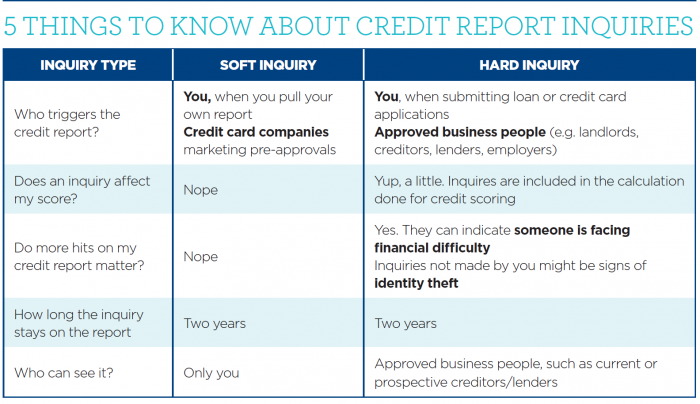
So you want to make a major home renovation. Congratulations! Now, you’ve got to find the right contractor for the job. While doing a thorough online search or asking family and friends is an important first step, once you find a potential contractor, it’s time to start treating the process like a job interview. Being prepared with the right questions protects you from future headaches, but also ensures that you’re happy with the end result.
Hiring a contractor for your big home reno? Ask these important questions to make sure you’re picking the right contractor.
- What is your experience in home renovation?
This question can help you determine how long the contractor has been in the business, whether they’ve worked with similar challenges as those in your home and how they ensure that projects are completed on time. With this question, you get full insight into their methodology.
You can also find contractors in your area that might have positive Yelp reviews or other social media to see if others are happy with their work.
- Do you have a contracting license?
Depending on where you live, there are different requirements for what type of license a contractor has to hold. Check the laws in your region to see what might apply, and ask potential contractors directly whether they hold those licenses.
- Do you carry the appropriate insurance?
According to the Canadian Homeowner’s Association, hiring people without the proper insurance could put you at legal and financial risk should something happen in your home. Protect yourself (and the workers improving your home) by checking off this box in the beginning, and ensure they have both liability insurance and worker’s compensation.
- Will we get a written contract?
This should be a given if you’re working with a contractor because if the answer is no, don’t even bother moving forward with the interview. The CHBA says contracts should cover the description of the work, the materials used and the price of the job. You should also take this as an opportunity to figure out your payment schedule, as the Better Business Bureau in the U.S. says that you should never pay the full price of the job upfront, and the specific timeline for completing your project.
Contractors should also always offer a warranty in writing that informs you of what is covered and for how long.
- Can we get in touch with your past clients?
A contractor should be proud of their past work. Take this as an opportunity to figure out how contractors approach their work, whether they have effectively handled disputes and fact-check what contractors tell you about their working style.
- Will you be responsible for building permits?
If there is a chance that your building requires permits, you want to make sure that your contractor is prepared in this area. Square One Insurance says you should try to be present for a contractor’s home inspection to ensure that you fully understand their feedback, and anticipate if any changes in your home need to happen.




